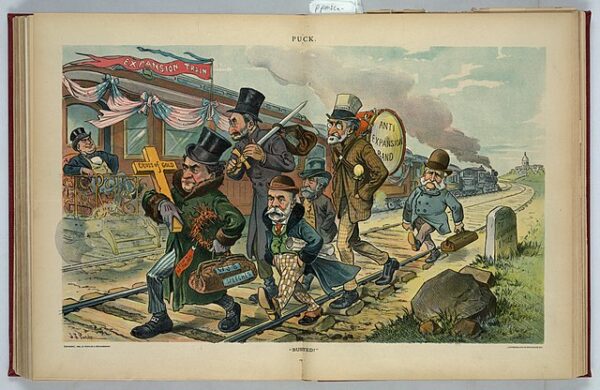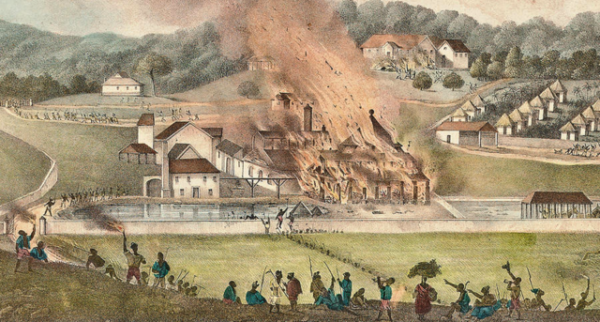The “Cross of Gold” speech, delivered by William Jennings Bryan on July 9, 1896, at the Democratic National Convention in Chicago, remains one of the most renowned orations in American history. The speech catapulted Bryan to national prominence and secured his nomination as the Democratic candidate for the presidency. Its significance lies not only in its immediate political impact but also in its rhetorical mastery and its enduring place in American political discourse.
At the time, the United States was embroiled in a fierce debate over monetary policy. The core of the controversy was whether to adhere to the gold standard, which was favored by business interests and the Republican Party, or to adopt a bimetallic standard that included the free coinage of silver, which was advocated by populists and many Democrats. The gold standard was associated with deflation and economic hardship for debtors, while the silver standard promised inflationary relief and broader monetary supply.
Bryan’s speech eloquently articulated the frustrations of farmers and laborers who were suffering under the gold standard. He argued that the gold standard was a tool of oppression used by the wealthy to maintain economic control over the working masses. Bryan’s vivid imagery and emotional appeal culminated in his famous declaration: “You shall not press down upon the brow of labor this crown of thorns; you shall not crucify mankind upon a cross of gold.” This powerful biblical imagery resonated deeply with his audience, symbolizing the suffering of ordinary Americans under the prevailing economic policies.
The delivery of the speech was as significant as its content. Bryan’s oratorical skills were extraordinary; his voice, gestures, and timing captivated the convention attendees. Contemporary accounts describe how the audience was spellbound, culminating in a near-frantic ovation that lasted for minutes. The speech was so compelling that it secured Bryan’s nomination on the fifth ballot, an impressive feat for a relatively unknown politician at the time.
Bryan’s “Cross of Gold” speech is often credited with transforming the Democratic Party, steering it towards a more populist platform. It marked a significant moment in American politics, where economic policy debates became intensely personal and moralized. Although Bryan ultimately lost the election to William McKinley, his speech left an indelible mark on the political landscape, influencing future discussions on monetary policy and economic justice.






